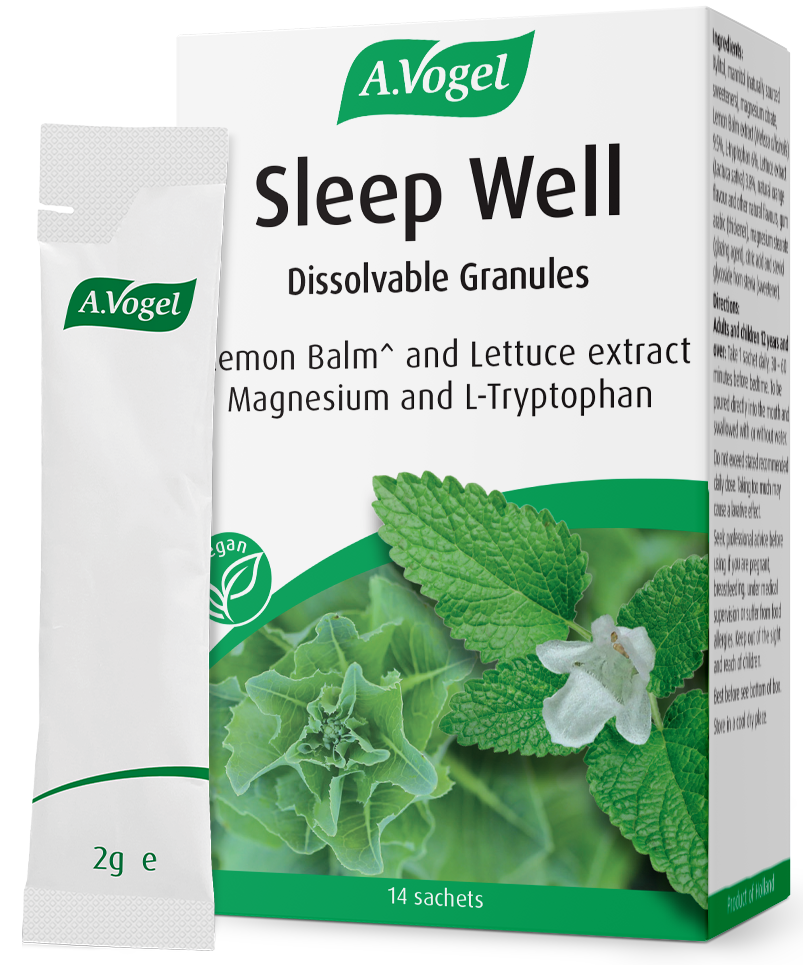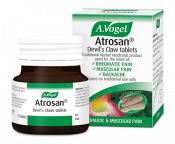Could poor sleep be making your aches and pains worse?
Whether it is due to stress, an old mattress or your work pattern, insomnia is a common problem that can influence muscle and joint pain. To understand this connection better, this blog looks at:
- The link between sleep and pain
- Why poor sleep contributes to pain
- How to deal with poor sleep
- How to deal with pain.
Can lack of sleep make pain worse?
Many studies have shown that sleep disturbances such insomnia can make individuals more vulnerable to pain.2
Recently, researchers came to understand that sleep problems could decrease the likelihood of recovery from chronic lower back pain (LBP). Those with musculoskeletal pain on top of insomnia were found to have an even lower possibility of recovery.3
LBP is extremely common – it is thought to affect around one-third of the UK's adult population.4 Sleep problems often go hand in hand with LBP and have been linked to increased pain intensity as well as the persistence of pain.
Researchers said: "Preventing or reducing sleep problems among people with chronic LBP may have the potential of improving the long-term prognosis."5
Why does poor sleep make pain worse?
It isn't entirely clear why lack of sleep contributes to pain, though some studies have suggested that it increases inflammation in the body.
Inflammation is a protective mechanism deployed by the body to fend off bacteria and viral infections. A little inflammation is, therefore, normal and even beneficial. Too much, however, is known to worsen conditions like fibromyalgia and arthritis.
Sleep deprivation is thought to be problematic as it could increase levels of pro-inflammatory cytokines. Cytokines are proteins that aid cell communication and stimulate the movement of inflammatory cells.
According to one study, losing sleep for just one night can trigger cellular pathways that produce tissue-damaging inflammation.6
In addition, lack of sleep is thought to change how the brain processes pain. One particular study concluded that sleep deprivation could enhance the body's response to pain, whilst also reducing activity in the parts of the brain that modulate pain.7
How to deal with poor sleep
Pain and sleep can be a bit of a vicious cycle. Sleep can be hard to come by when your muscles are painful or stiff, and we now know that pain is often made worse by lack of sleep itself.
Addressing insomnia should, therefore, be a part of your pain management strategy. This is by no means and easy undertaking, but below I've listed some simple tips that are at the very least, a good place to start.
- Avoid electronic devices in the evening
- Cut back on caffeine after lunch time
- Go to bed at the same time each night
- Try Sleep Well Dissolvable Granules to encourage a more natural sleep that will help you to wake up feeling refreshed*.
- Don't nap during the day
- Keep the bedroom for sleeping – this means having no laptops, televisions or phones in the area
- Try to include our 6 foods to fight sleep deprivation in your diet. These include everyday ingredients like nuts, seeds and berries
- Use a sleep app like Pzizz to help you drift off more easily
- Look at our sleep hub for more additional tips and advice.
*Lemon Balm helps maintain a normal sleep
A.Vogel Sleep Well Dissolvable Granules | Pour Directly into Mouth | Bitter Orange Flavour
£15.99 (14 sachets x 2g) In Stock Get it tomorrow, 11th July.
How to deal with pain
Research seems to suggest that poor sleep, pain and inflammation are all interlinked. Therefore, in addition to getting a better night's sleep, it is a good idea to try and address inflammation itself in order to get on top of your pain.
One remedy that may be of particular benefit in this instance is Devil's Claw. Due to its anti-inflammatory properties, this is usually used to help muscle and joint pain, back pain and rheumatism.
Devil's Claw works by reducing the production of a whole range of inflammatory chemicals including prostaglandins and leukotrienes. It has a gentle braking action on all the inflammatory pathways, without completely blocking them.
Devil's Claw tablets have a cumulative effect, meaning they are well-suited to helping these long-term problems. However, should sporting injuries, sprains or strains be causing you pain, Devil's Claw tincture is available for a faster effect.
References
1 https://academic.oup.com/sleep/article/30/2/213/2709239
2 https://insights.ovid.com/article/00006396-201508000-00010
3 https://jech.bmj.com/content/74/3/283
4 https://www.ncbi.nlm.nih.gov/books/NBK11709/
5 https://jech.bmj.com/content/74/3/283
6 https://www.ncbi.nlm.nih.gov/pubmed/18561896
7 https://www.jneurosci.org/content/39/12/2291
Results: Do you struggle to get a good night's sleep?










